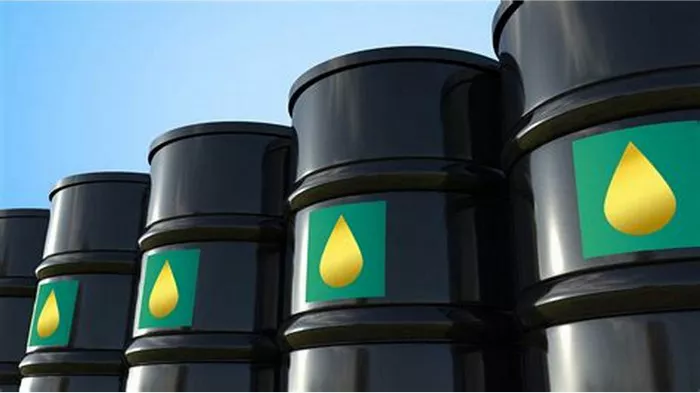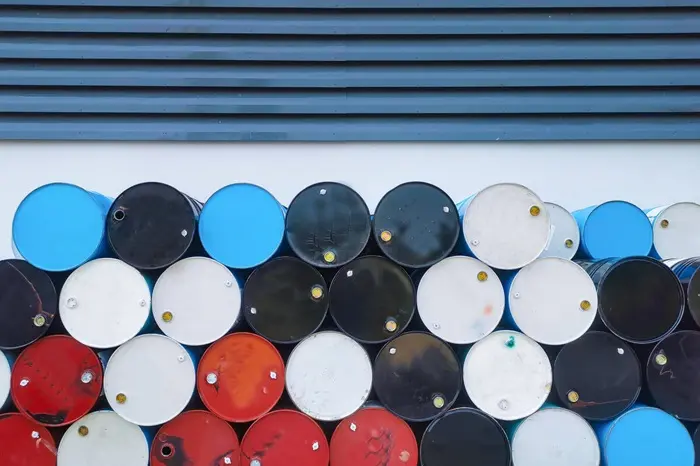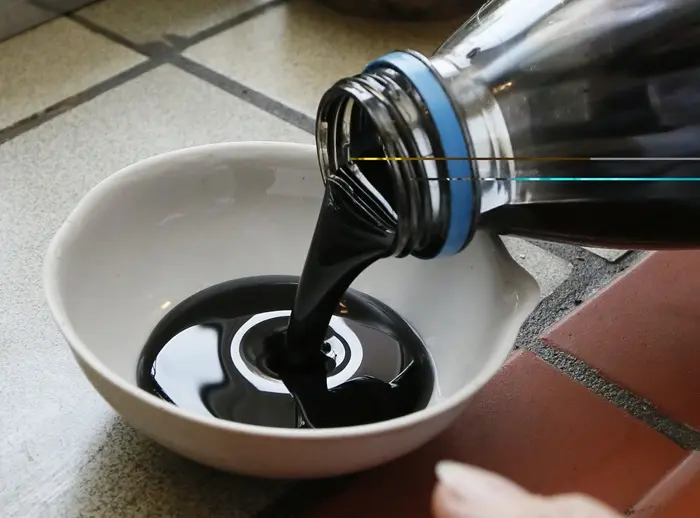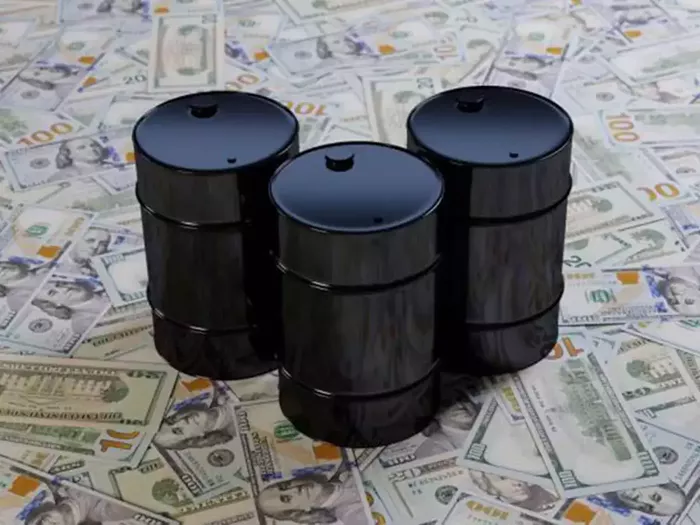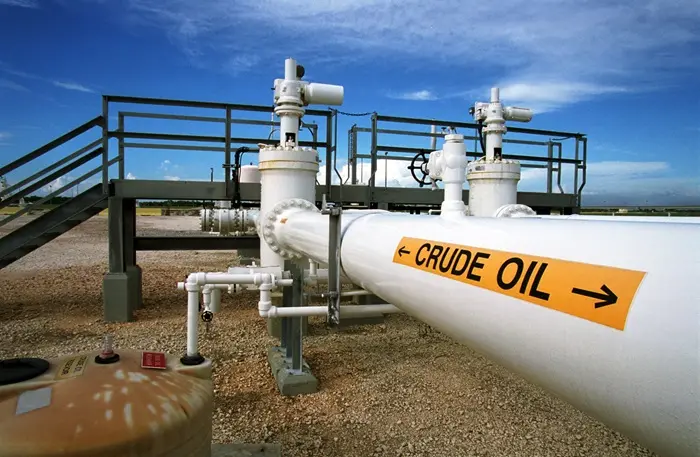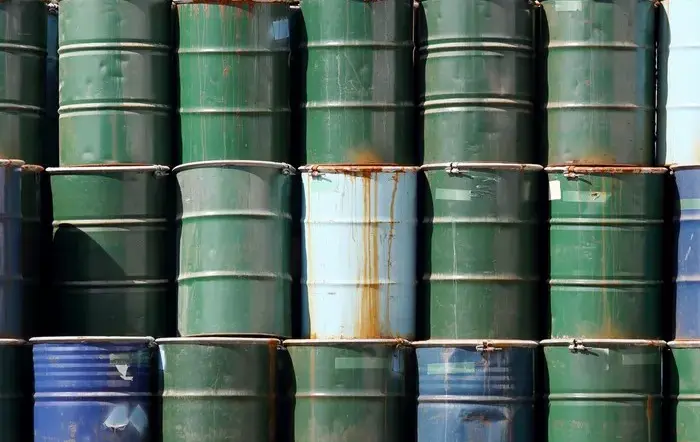Crude oil is one of the most important natural resources on Earth, and its price has significant global economic implications. As a commodity traded on the world’s major markets, understanding how crude oil is measured is essential for investors, traders, and anyone interested in the global economy. In this article, we will explore the units and systems used to measure crude oil, why these measurements matter, and how they affect the oil market.
The Standard Units for Measuring Crude Oil
Crude oil is measured in specific units depending on the context in which it is being traded or transported. The two most common units for measuring crude oil are barrels and metric tons. Understanding these units is crucial for navigating the complexities of the oil market.
Barrels: The Primary Unit of Measurement
The most widely recognized unit for measuring crude oil is the barrel. A barrel of crude oil refers to a specific volume of oil. One barrel is equivalent to 42 US gallons, or approximately 159 liters. This measurement is used universally in the oil industry for pricing and trading crude oil, both in physical markets and futures contracts.
The use of barrels as a standard measure dates back to the early days of the oil industry in the United States, when wooden barrels were commonly used to transport and store oil. Although modern oil is transported and stored in more advanced containers, the barrel remains the global standard for measuring crude oil.
Why Barrels?
The reason barrels became the standard unit of measure for crude oil has historical roots. The U.S. oil industry, which played a crucial role in the global oil market, established the barrel as the standard in the 19th century. At the time, oil was transported in wooden barrels that were used for storing other goods. This standardized volume made it easy to trade oil and monitor production.
Metric Tons: An Alternative Unit of Measure
While barrels are the most commonly used unit in the oil industry, metric tons (tonnes) are sometimes used, especially in regions outside the United States. One metric ton of crude oil is equivalent to 1,000 kilograms, or 2,204.6 pounds. The amount of oil in a metric ton can vary depending on its density, which means that a metric ton does not represent a fixed volume of oil.
How Metric Tons Are Used
In the global oil market, metric tons are primarily used for the measurement of crude oil in regions such as Europe and Asia. However, these regions typically convert crude oil measurements into barrels for international trade, especially when dealing with global benchmark prices like West Texas Intermediate (WTI) or Brent Crude.
Different Types of Crude Oil and Their Measurements
It’s important to note that the unit of measurement can sometimes depend on the type of crude oil being discussed. Crude oil is classified based on its characteristics, such as specific gravity (density), sulfur content, and viscosity. These factors can influence the volume or weight of the oil being traded.
Specific Gravity and Its Role in Measurement
The specific gravity of crude oil refers to its density relative to water. Crude oil with a higher specific gravity is denser and weighs more for a given volume, while oil with a lower specific gravity is lighter and less dense. Because of the varying densities of crude oil, different grades of oil may be measured in different ways.
Some oils, such as lighter crudes, have less viscosity and are therefore easier to refine and transport. On the other hand, heavier crudes, like sour crude, contain higher levels of sulfur, which makes them more challenging to refine. These distinctions can affect the way crude oil is measured and priced in different markets.
Other Measurements: Cubic Meters and Liters
In certain contexts, crude oil can also be measured in cubic meters or liters, especially for smaller quantities or in scientific studies. One cubic meter (m³) of crude oil is equivalent to 1,000 liters, or about 6.29 barrels of oil. However, these units are more commonly used for industrial purposes or local transactions, while the barrel remains the dominant unit for global trade.
How Crude Oil Measurement Affects Oil Prices
The way crude oil is measured can have a significant impact on its price. Prices are generally quoted in dollars per barrel, making the barrel the most important unit for pricing crude oil in global markets. However, since different types of crude oil have different qualities, including varying densities, the price per barrel can vary.
Brent Crude vs. WTI
Two of the most well-known benchmarks for crude oil are Brent Crude and West Texas Intermediate (WTI). These benchmarks set the price for crude oil worldwide, and they are priced per barrel. Brent Crude, which is primarily extracted from the North Sea, is considered a light, sweet crude due to its relatively low sulfur content and lower density. WTI, which is produced primarily in the United States, is also light and sweet, but it is generally considered to have a slightly lower sulfur content than Brent.
The price of both Brent Crude and WTI is quoted in terms of dollars per barrel, and changes in the supply and demand of oil can cause fluctuations in the price of these crude oil types. It’s essential to understand these nuances when analyzing the price movements in the oil market.
The Role of Futures Contracts in Oil Pricing
The futures market plays a key role in determining the price of crude oil. Futures contracts are agreements to buy or sell oil at a future date at a predetermined price, and these contracts are quoted in dollars per barrel. This system allows traders to speculate on the future price of crude oil and provides liquidity in the market.
Futures contracts for crude oil are traded on exchanges such as the New York Mercantile Exchange (NYMEX) and the Intercontinental Exchange (ICE). The prices of these contracts are based on the measurement of crude oil in barrels, and they serve as important indicators for global oil prices.
How Crude Oil is Measured in Transportation
When it comes to transporting crude oil, the measurement of oil is not always as straightforward as it seems. Oil is often transported in pipelines, tankers, or railcars, and the volume of oil is typically measured at the point of origin and at the destination.
How Pipelines Measure Crude Oil
In pipelines, crude oil is usually measured using flow meters, which are devices that measure the volume of oil passing through the pipeline. The flow rate is typically expressed in barrels per day (bpd). This is a standard unit used in the oil industry to determine how much oil is being transported over a specific period.
How Tankers Measure Crude Oil
In tankers, crude oil is typically measured using a combination of flow meters and volumetric tanks. The amount of oil loaded or unloaded is recorded in barrels. For international shipping, crude oil is usually measured at the port of departure and the port of arrival to ensure that the proper amount of oil has been delivered.
The Future of Crude Oil Measurement
As the oil industry continues to evolve, so too does the way crude oil is measured. Advances in technology, such as digital sensors and automated systems, are improving the accuracy of oil measurements. These technologies allow for real-time tracking of crude oil volumes and weights, which can help improve efficiency in oil transportation and refining processes.
Furthermore, as alternative energy sources become more prevalent, the demand for crude oil may fluctuate. However, the standard measurement units for crude oil are likely to remain unchanged for the foreseeable future, as they provide consistency in the global marketplace.
Conclusion
Crude oil is measured primarily in barrels, with one barrel equal to 42 US gallons or approximately 159 liters. However, in some regions, crude oil may also be measured in metric tons, particularly in Europe and Asia. The type of crude oil being measured, its density, and other characteristics can affect its volume and weight. Understanding how crude oil is measured is essential for those involved in the oil market, from producers and refiners to traders and investors.
The measurement of crude oil impacts various aspects of the global oil industry, including pricing, transportation, and trading. Whether using barrels, metric tons, or other units, the measurement of crude oil plays a crucial role in determining its market value and ensuring the smooth functioning of the global energy sector. As the world continues to rely on crude oil for energy and industrial use, understanding these measurements will remain an essential part of navigating the global oil market.
Related topics:


